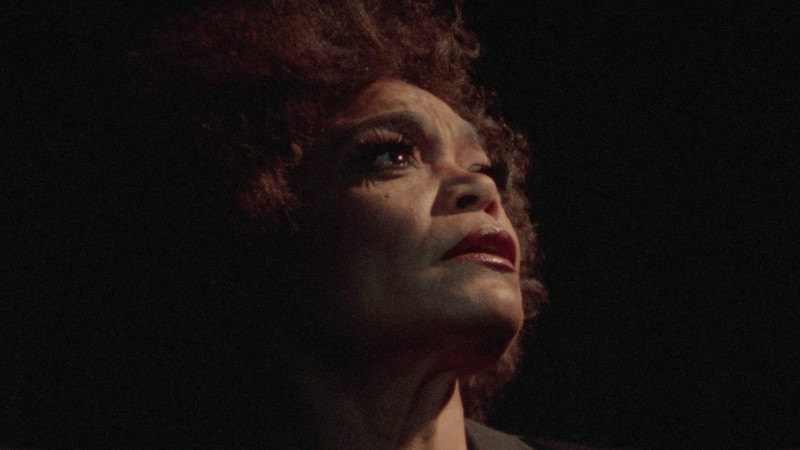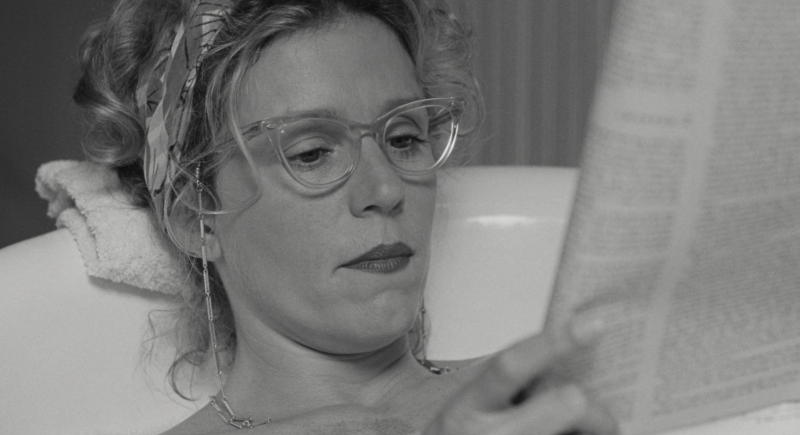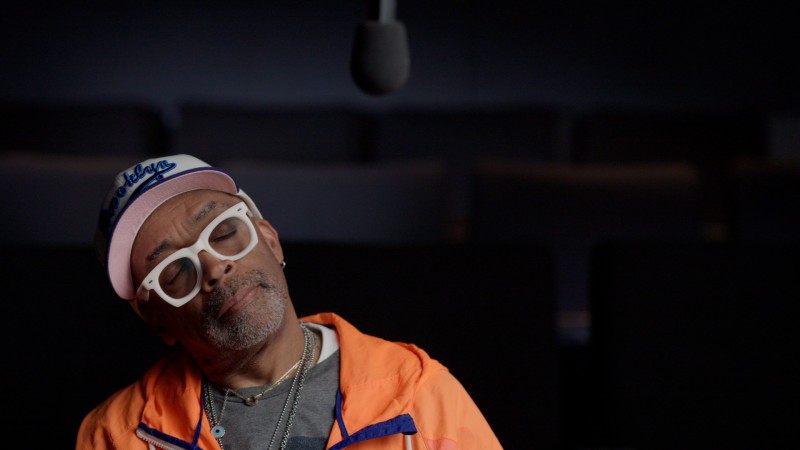Remembering Francesco Rosi (1922–2015)

In December 2001, through the good offices of my friend Lorenzo Codelli, I arranged an interview with filmmaker Francesco Rosi for my book Revolution! , about cinema in the sixties. Rosi lived for decades in the fashionable via Gregoriana, above the Spanish Steps in Rome. His hushed apartment gazed out over the city, and his sitting room was crowded with books, magazines, and memorabilia. A servant brought tea as we talked, Rosi developing his complex arguments and unerring dialectic in a French that was so forceful and clearly articulated that even I could understand it. “I am a passionate man," he said, “but with the ambition to be rational at the same time—and my passion is typically Neapolitan. There's a conflict between the passion and rationality. I live situations with passion, but I try to deal with them in a rational manner."
Rosi could certainly smile at life's little ironies, but he rarely laughed aloud. He was a serious man, analyzing each and every situation with admirable lucidity. He would have been at home in the Agora in Athens, verbally jousting with Socrates and Plato. Tall, burly, and with his leonine head thrust forward in search of truth, he nonetheless revealed occasional moments of vanity, which made him reassuringly human. He was convinced, for example, that his 1981 movie Three Brothers had lost the Academy Award for best foreign film to István Szabó's Mephisto by only a handful of votes, and books on his work were left discreetly within reach of a visitor.
He'd established his reputation as “the Italian Eisenstein" in 1962 with Salvatore Giuliano, a Silver Bear winner at the Berlinale, followed immediately by the equally searing Hands over the City (1963), which earned him the Golden Lion at the Venice Film Festival. The Mattei Affair (1972) and Cadaveri eccellenti (1976) solidified his status as the most assured and socially committed Italian filmmaker of his generation. And yet, over the course of his career, this Neapolitan master could not be easily pigeonholed as merely a “political" cineaste. The Moment of Truth (1965), filmed in the bullrings of Spain, showed Rosi's gift for operatic suspense, as did his much later (1984) screen version of Carmen with Julia Migenes and Placido Domingo. Christ Stopped at Eboli (1979) and Three Brothers could have been made only by a profound humanist; set far from the corrupt whirl of the big city, they celebrate family values and the desperate poverty of the Mezzogiorno.
In 2004, Rosi was accompanied by his brother to a tribute at the Swiss Cinémathèque in Lausanne. Afterward, Hervé and Jacqueline Dumont hosted a dinner at their home, and Rosi reminisced about shooting Salvatore Giuliano. In response to my rather naive question, “How did you deal with the local Mafia?" Rosi rose to his feet and, clutching his crotch with one hand, stared at me intently across the table, waited a beat, and then growled, “Like this!"
Dramatic tension, which in Hollywood films is so artificially generated, emerges almost organically from Rosi's respect for his material, and from the urgency of his inquiry. He was not preoccupied with the chronological order of events. In my commentary for the Criterion DVD of Salvatore Giuliano in 2004, I quoted his words to me from our earlier conversation in Rome: “I make dialectical films, and not films as theses. The term political film is improper, imprecise. I make films about reality, films in order to reveal what reality conceals. Let's say 'films of denunciation' rather than 'political films.'"
In 2008, some of us had succeeded in persuading Berlinale director Dieter Kosslick to give Rosi an honorary Golden Bear in recognition of his career. I think that meant a great deal to him, because Salvatore Giuliano's Silver Bear had been awarded after the film was rejected by other festivals. Delivering the speech in his honor, I asserted that Rosi had spent his entire career confronting issues of power and society. “Like Lindsay Anderson, he has never compromised with his material," I said, “nor has he accepted 'the way of the world.' Corruption is his lodestone, and he has brought an analytical mind to bear on scandals and outrages both real and fictional." Aged eighty-six, Rosi mounted the stage to accept the award and delivered a ringing, if protracted, defense of political commitment in cinema. “He's the greatest living director in Europe," whispered Michel Ciment, a statement hard to dispute given that Antonioni and Bergman had both died the previous July. And now, just days after the terrible events in Paris, which must have aroused his ire (but surely not his despair), Francesco Rosi has left the stage to survivors like Andrzej Wajda and Costa-Gavras.
This is one in a series of pieces devoted to film figures Cowie has gotten to know in the course of his career. Read his introduction to the series here.



